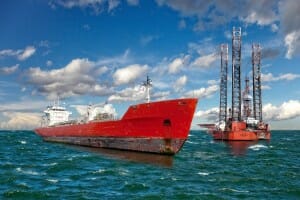Oil And Gas Workers Should Retrain?

The existing Talent Retention Solution scheme, which is used by over 1,000 companies in the engineering and manufacturing sectors, will be supplemented by a website specifically for those working in the oil and gas industry (at https://talentretention.biz/). Engineering UK estimates that the economy will need over 180,000 people with engineering skills per year to 2022.
The measures are outlined in the Oil and Gas Workforce Plan published by the UK’s Department for Business, Innovation and Skills (BIS) to attempt to ensure the industry can better plan for future workforce requirements over longer-term timescales, given the highly cyclical nature of the sector.
As well as the new online portal, the UK government expects workers in the oil and gas industry to benefit from the extension to Advanced Learner Loans. This means it is now possible to apply for loans for qualifications at Levels 3 to 6, which will be important for enabling workers in the oil and gas industry to study at higher levels and gain the skills to transition into infrastructure or other engineering sectors, the government says.
The pipeline for planned public and private infrastructure to 2021 and beyond is £425 billion. According to data published by the UK Commission for Employment and Skills last year (2015), the energy sector is already facing a substantial skills shortage, particularly for highly-skilled engineers and technicians.
But the government’s plan to urge oil workers into new roles in energy and engineering sectors is ‘woefully inadequate’ in addressing the North Sea’s looming jobs crisis, according to trade union Unite.
The oil market downturn has brought devastating job losses set to reach 120,000 by the end of the year, say Unite, igniting growing political concern for the future of the North Sea as reserves dwindle and investment stalls.